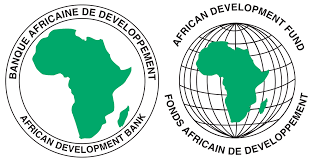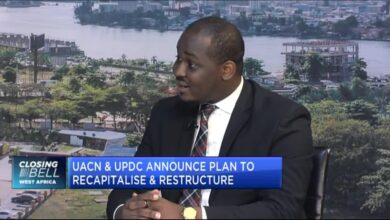The President we need

In the more tribal space that politicking in Nigeria has become, it is no surprise that the flood of candidates announcing their bid for the office of president in next year’s general elections has been met by a cynical indifference to the truth. Still, despite the frenetic exertions of the incumbent government at the centre, one fact is beyond dispute: the Nigerian economy ails badly. On the back of this admission, my ideal candidate for president of the Federal Republic of Nigeria next year would be one who is comfortable with economics. He (the odds against a female candidate are, unfortunately, still very high) may yet consult marabouts, as leading politicians in these parts are wont to. He may well struggle with “Macros” in Excel. But, at the very least, given the depths that the economy has plumbed in the last decade, our next president should understand that the economy’s demand for reform, while inclusive of a root-and-branch review of the public sector’s spending requirement, easily falls short of this deliverable. Stripped of all the fancy stuff, the national reform shopping list pullulates with low-hanging fruits.
Over the first hundred days of the administration it should be easy to reverse the fiscal dominance (the central bank’s use of monetary policy to support the prices of government securities) that has seen the Central Bank of Nigeria’s initiatives favour fiscal repression (holding interest rates at low levels to depress the cost of servicing our growing public debt) over price stability. Would this by itself force inflation down? Not as far as the man on the street would want prices increases to fall.
For, in truth, we are not a low inflation environment. Infrastructure is too substandard across too many platforms and key governance processes riddled with inefficiency for this to be otherwise. But by bringing a stable price environment about (one in which the movements of domestic prices are less volatile and far more predictable), it should make planning easier economy-wide. Would this policy plank reverse the naira’s loss over the last four years? Alas, no. But again, stable prices (irrespective of the market) are always a net positive, especially if the over-riding goal is to grow entrepreneurial activity. Such is the harmful effect of an unstable price regime in the making of domestic choices that we are having to deal with rising prices despite the large levels of unemployment and underemployment across the economy. Do we need reminding that low growth and high inflation feed directly into the economy’s worsening security challenges?
Also Read: Why I won’t contest for president next year
This is why reforms to the markets are the next order of work. Forget about a workforce size review of the public sector. Desirable as part of the process of improving the public expenditure management framework, its gains come with a considerable lag, while its cost are borne upfront. So, this will require persuading large swathes of the electorate and the expenditure of dollops of political capital. Far easier therefore to reform existing markets where private sector suppliers predominate. From cement through sugar, to the importation of new cars, we ought to demolish all oligopolistic and monopoly arrangements.
Globally, the conversation around regulation of markets is transiting from the “consumer welfare” pillar to a more dynamic understanding of the alteration by the tech and comms revolution of the skein that girdles industries. Amazon, Facebook, etc. do not hurt consumer welfare. Indeed in most cases the tech firms offer their services to their subscribers for free ― well, if you discount the monies to made from the trove of personal data that they sit on. But such is their dominance of their respective spaces that regulators are being invited to relook the traditional focus on the welfare of consumers as the touchstone of the goal of realising efficient markets.
Because our markets have been largely stitched up, until now, the consumer welfare goal is still a valid one. Third activity level will, therefore, be to reform our regulatory environment. Our regulators, telecommunications, equity market, financial services, etc. must understand that a competitive environment is the best guarantee against producers stiffing consumers. And, thus, their central challenge is to allow the freedom of entry and exit of suppliers into any domestic market where private operators predominate, along with the free, unrestrained flow of information through those markets. The requirement that material information about a company is available to all shareholders at the same time, is obviously breached when managing directors of quoted companies spend their weekends at the country homes of the chairmen and members of their boards.
At this point, wags will point out that even this minimal reform platform eventually comes up hard against legislative constraints: enabling statutes designed to ensure the administrative and operational freedom of regulatory agencies to act in the best interest of the economy. To change these laws in order to fast-track reforms, however well-intentioned or desirable would fly in the teeth of the higher need of ring-fencing parts of the economy from short-term political considerations. That is if we can ignore the harm to the economy from a constantly changing policy environment.
Evidently, then, next year we will need more that a president with economic nous to navigate the minefield that the economy has become. There are trade-offs to be made. And as with the selection of the next batch of regulators for important parts of the economy, we must look increasingly to broad-spectrum competence in our choice of president.
Uddin Ifeanyi, journalist manqué and retired civil servant, can be reached @IfeanyiUddin.







